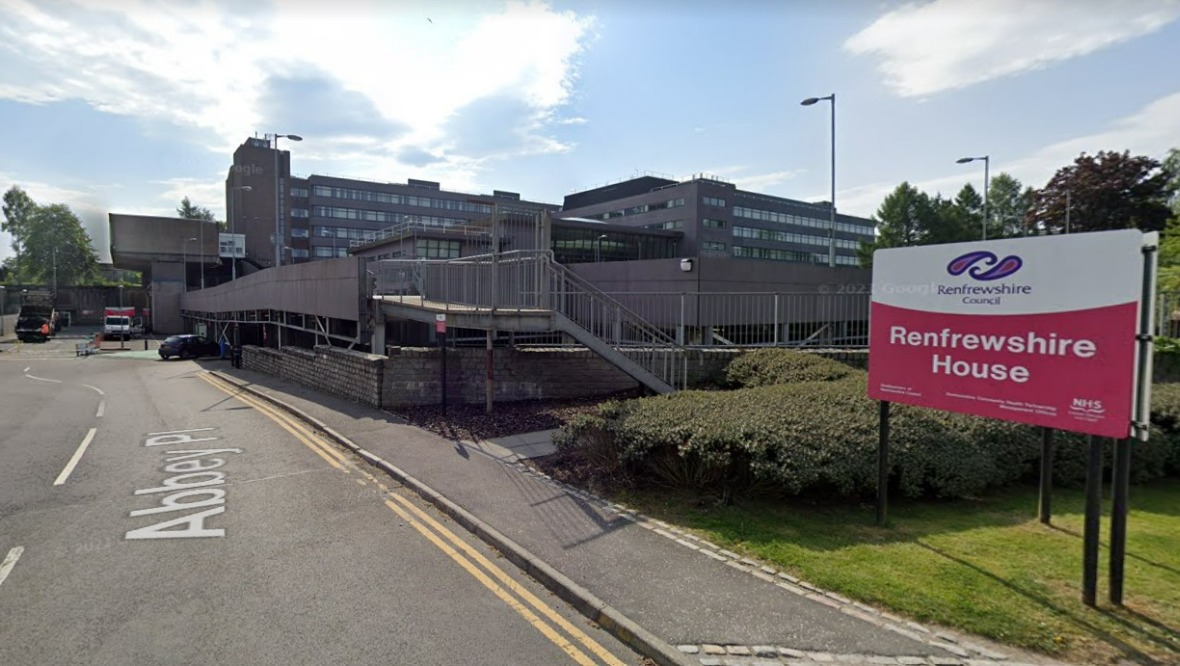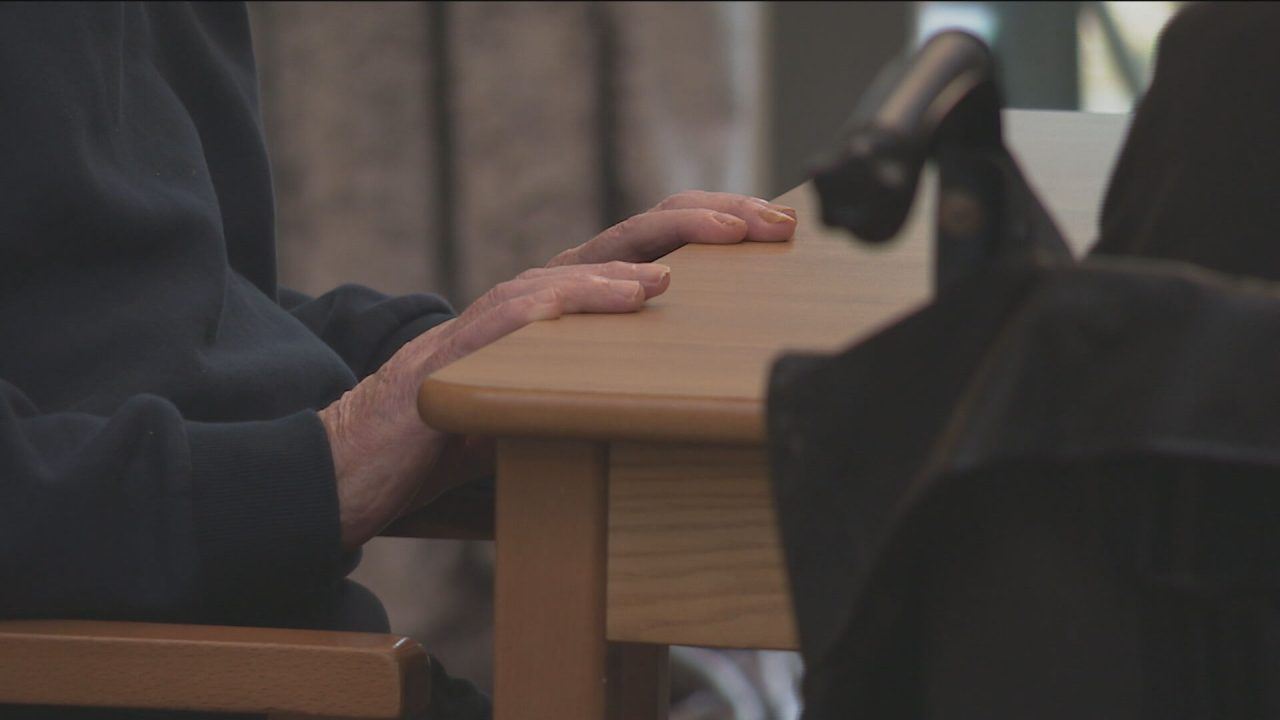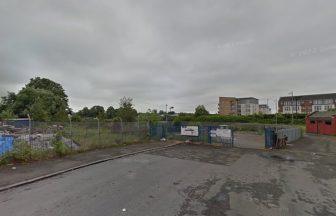“Alarm bells” are ringing among vulnerable Renfrewshire residents as preparations are made to plug a near £8m black hole in next year’s health and social care budget.
Senior officials have conceded it has become “much more difficult” to find ways of making savings that won’t impact frontline services amid a challenging financial picture.
They said they will try to “modernise” and address the gap in a “sustainable way” at a meeting of the integration joint board (IJB), the body responsible for oversight of the health and social care partnership (HSCP), on Friday.
However, the situation has sparked serious concerns that cuts to services could be on the horizon – with Councillor Iain McMillan, board member, warning people are “really, really concerned”.
A report on the ‘Sustainable Future Programme’ was presented to the IJB by Frances Burns, the head of strategic planning and health improvement.
She said: “It’s important to note that this programme comes on the back of a sustained track record of delivering year on year savings, alongside a demonstrated commitment to embracing new ways of working, continuous improvement and innovation.
“Therefore, it becomes much more difficult to find opportunities to make savings that won’t impact our frontline services.
“Our Sustainable Futures Programme will aim to deliver best value by continuing to modernise services and address the financial gap in a sustainable way with the least possible impact.”
 Google Maps
Google MapsAlmost £7m in reserves were called upon in March to deliver a balanced budget for this year, but a funding gap of just over £7.7m has been projected for 2024/25 – presenting a joint figure of approximately £14.7m.
Key principles have been adopted for the HSCP’s programme including equity and fairness, maximising the impact of people and resources, maintaining safe services, delivering on statutory requirements and reflecting ongoing engagement.
Speaking about the report, Councillor McMillan said: “This is the crux of the matter, when services are looked at, reviewed, they are changed, reduced – this is what affects people out in the community.
“I’ve had a number of people contact me once these papers came out. People do look at them, people who are service users, people who have general interest and they are concerned.
“Once you hear these words like ‘review’, that starts alarm bells ringing and people are really, really concerned.”
Ann Cameron-Burns, who represents NHS Greater Glasgow and Clyde on the board as a non-executive member, asked what officials meant by “engagement” before explaining her own view on the wording.
“Engagement is just giving out information and consulting is actually asking them what they want,” she added.
Ms Burns responded: “On the point around engagement and consultation, I think the important point that we wanted to get across is that given the scale – and this is challenging – of the financial savings that we need to deliver, we are not going to get consensus on how we deliver this amount in totality.
“However, as specific proposals emerge, what we will do is for those individually and around the areas that we’ve set out, we’re not looking to revisit those areas but within them we will go out, we will listen to the key stakeholders … to try and capture that and we will need to reflect that within the impact assessment and also our equality impact assessments too.
“They will be brought to the IJB to help inform you and whether you approve those proposals.”
Christine Laverty, chief officer, said: “I think it would be disingenuous of the IJB to say that we’re going out to consult about whether we can close the £15m gap because we actually have no option around that.
“We need to be sustainable and we need to work in the financial envelope that we’ve got.
“I personally would feel that was disingenuous if I was saying ‘I’m consulting with you,’ because nine out of ten people would say, ‘We don’t want any changes or any cuts to any of our services and any reduction.’
“That’s not something that I can deliver because we are under such significant financial challenges that we must close this gap.”
John Matthews, chair of the IJB, said: “There’s been no decisions made as yet, though much work has been done to see how we can deal with this huge shortfall.
“But when these decisions start to come to the point of which we can begin to make discussions after consultation or engagement or whatever expression you care to use, that will be done in that sensitivity area.”
Follow STV News on WhatsApp
Scan the QR code on your mobile device for all the latest news from around the country


 STV News
STV News
























